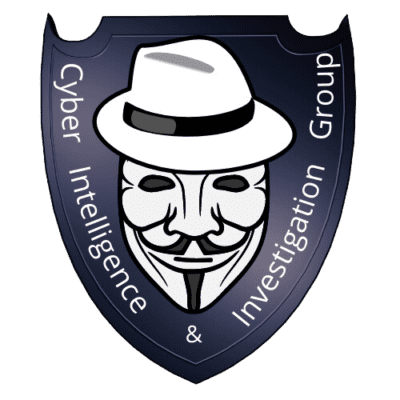Description of the scope of training
The Cyber Security course will prepare you to work as an IT security specialist. This major will provide you with comprehensive knowledge and practical skills in threat analysis, cryptography, incident management and the design of secure IT systems. The program of this module emphasizes the practical dimension of learning, combining theoretical basics with intensive exercises and projects. This will allow you to be fully prepared for work in the rapidly growing Security industry.
What will you learn?
- You will learn how to identify potential threats and assess the risks associated with cyber attacks. You will learn how to apply advanced threat analysis techniques and use tools to support risk assessment through practical exercises and case studies.
- You will gain skills in creating secure network infrastructures and application security. By executing practical projects, you will learn how to design and implement effective mechanisms to protect against attacks.
- You will learn the methods and tools used to monitor and analyse security incidents. You will learn how to effectively respond to incidents and minimize their effects by participating in simulations and practical attack scenarios.
- You will also gain an understanding of the basics of cryptography and various data encryption techniques. You will learn how to apply the tools of modern cryptography in order to protect information.
- You will gain knowledge of the legal and ethical aspects of cyber security. You will learn what regulations and standards apply in this field and how to comply with them in professional practice by analysing real cases and preparing projects in accordance with the applicable standards.
Your educational pathway
- Introduction to cyber security.
- Advanced computer network security issues.
- Security incident analysis and responding.
- Cryptography and communications security.
- Security of web and mobile applications.
Future job prospects
- IT security consulting firms – working for consulting firms that offer IT security consulting services, audits and security strategy development.
- Information security departments in companies and institutions – the role of the security specialist in large corporations, banks, financial institutions and non-profit organizations, responsible for protecting data and IT systems. IT integrators, which also include services related to the organization’s cyber security operations as part of their offer.
- Security audit and penetration testing businesses – work with companies that specialize in conducting security audits and penetration tests to identify and eliminate vulnerabilities.
- Government and military organizations involved in cyber security – employment in government agencies, intelligence agencies and armed forces involved in protecting national interests in cyberspace, where practical experience is key.
- Technology companies, banks and financial institutions – work in the technology and financial sectors, where securing IT systems and data is a priority, and the practical skills gained as part of this major will be extremely valuable.
Our partner in this education path is the Cyber Intelligence and Investigation Group foundation.

1st year
- English 6 ECTS
- Linear algebra with elements of coordinate geometry 6 ECTS
- Mathematical analysis 4 ECTS
- Ergonomics/Safety and Health in the IT Industry 2 ECTS
- Philosophy/Ethics of new technologies 2 ECTS
- Basics of computer science 9 ECTS
- Operating systems 5 ECTS
- Algorithms and complexity 5 ECTS
- C and C++ programming 4 ECTS
- Theoretical foundations of computer science 2 ECTS
- Physics for Computer Scientists 5 ECTS
- Probabilistic methods and statistics 6 ECTS
- Economics and finance for engineers 2 ECTS
- Business plan for engineering projects 2 ECTS
2nd year
- Java programming 5 ECTS
- Formal languages and compilers 4 ECTS
- Database basics 4 ECTS
- Basics of electronic engineering and digital systems with elements of surveying 4 ECTS
- Computer networks 4 ECTS
- Graphics and human-computer communication 4 ECTS
- Discrete mathematics 6 ECTS
- English/German Language 6 ECTS
- Work experience I 4 ECTS
- Database systems 4 ECTS
- Embedded systems and the internet of things 3 ECTS
- Computer architectures 4 ECTS
- The Internet and its uses 4 ECTS
- Software Engineering 4 ECTS
3rd Year
- Copyright law/intellectual property protection 2 ECTS
- Concurrent and distributed programming 4 ECTS
- Computer systems security 4 ECTS
- Computational methods and simulation 4 ECTS
- Artificial intelligence and expert systems 4 ECTS
- Cyber Security 2 ECTS
- Scope of education 20 ECTS
- Work experience II 9 ECTS
- Diploma seminar 5 ECTS
- Software Engineering in Practise/Welcome to Artificial Intelligence/Computer Science and industry 2 ECTS
- Collective artificial intelligence 2 ECTS
- IT project management 2 ECTS
4th Year
- Thesis 10 ECTS
- Work experience III 16 ECTS
- Scope of education 4 ECTS
The reasons to study Computer Science at the WSZiB in Cracow

Real engineering studies

Different educational pathways

Certified teachers and practitioners

Unique study atmosphere

Well-equipped laboratories

Curriculum

Flexible curriculum

Azure Dev Tools for Teaching

Proprietary web services
